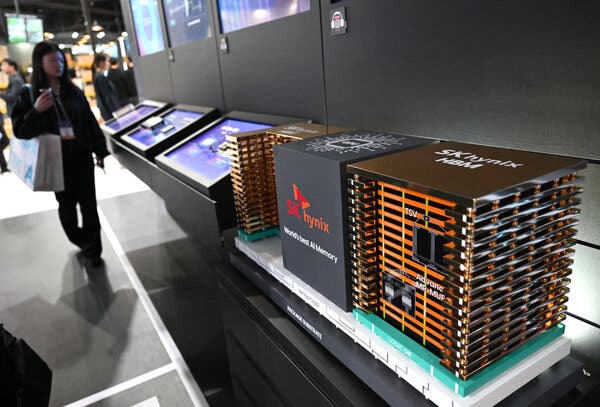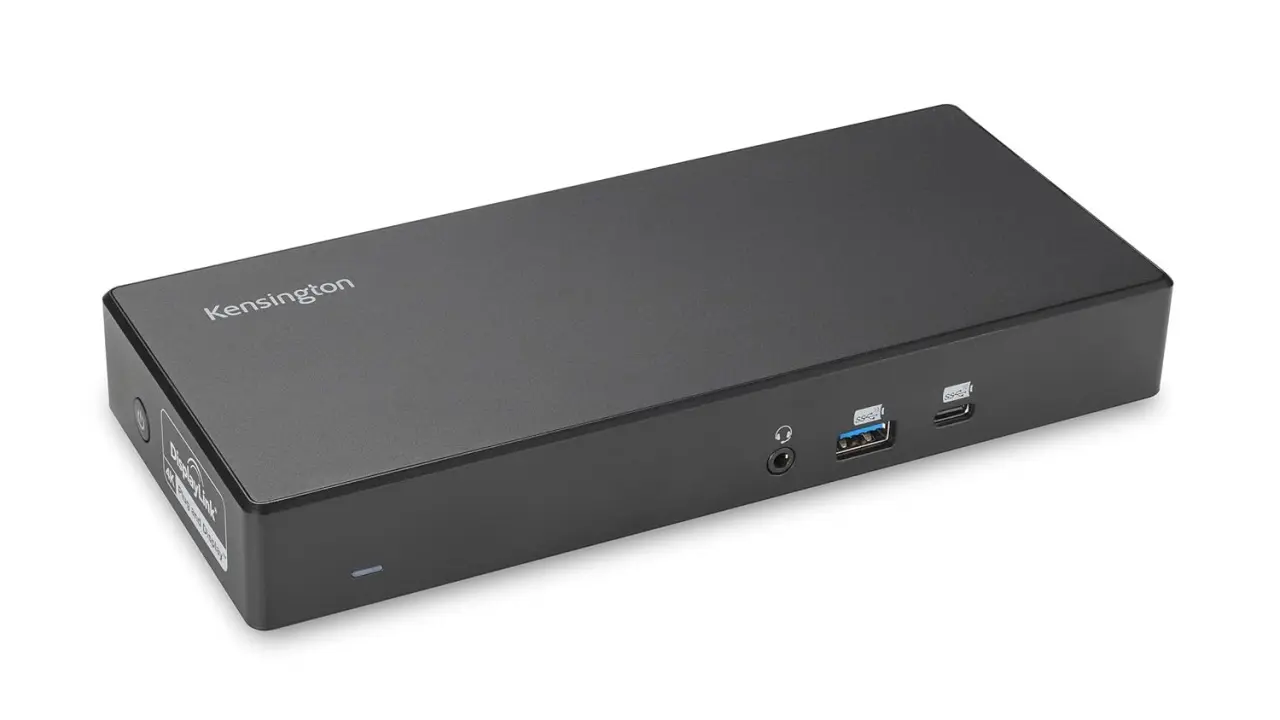
UPDATE: The U.S. government has just announced a significant policy shift that severely impacts South Korean chipmakers, specifically Samsung and SK Hynix. Effective immediately, the Commerce Department will revoke previously granted authorizations, making it more difficult for these companies to obtain essential semiconductor equipment for their operations in China.
This urgent move is part of the U.S. effort to restrict China’s access to crucial semiconductor technology amid rising tensions between the two superpowers. Under the new regulations, both Samsung and SK Hynix must now secure licenses from the Trump administration to purchase American machinery for their Chinese factories, significantly hampering their operational capabilities.
The Commerce Department announced this decision on October 27, 2023, marking a sharp turn from the waivers granted in 2023 that allowed these South Korean firms to continue their operations in China. Previously, under former President Joseph R. Biden Jr., the U.S. implemented restrictions in 2022 aiming to cut off China’s access to advanced technology, but these waivers had temporarily alleviated some pressures.
This latest development could strain ongoing trade negotiations between the United States and South Korea, especially as President Donald Trump and South Korean President Lee Jae Myung are set to meet to discuss trade agreements that have yet to be formalized. As tensions escalate, the ramifications for these companies and their ability to compete globally could be profound.
Samsung has declined to comment on this new ruling. Meanwhile, a spokesperson for SK Hynix, Yixi Lee, stated that the company will “maintain close communication with both Korean and the U.S. governments and take necessary measures to minimize the impact on our business.” This highlights the urgent need for these companies to navigate the new regulatory landscape quickly.
As the U.S. intensifies its efforts to curb China’s semiconductor capabilities—seen as crucial for advancing artificial intelligence—South Korean chipmakers find themselves at the forefront of this geopolitical battle. The stakes are high, not just for these companies, but for global tech supply chains and the future of technological innovation.
The immediate question now is: how will these companies respond to this regulatory challenge? Stakeholders and industry experts are closely watching to see how this decision will influence trade relations and technological development in the coming weeks. The implications could be far-reaching, impacting not only South Korea’s economy but also the global semiconductor market.
Stay tuned for more updates as this story develops.





